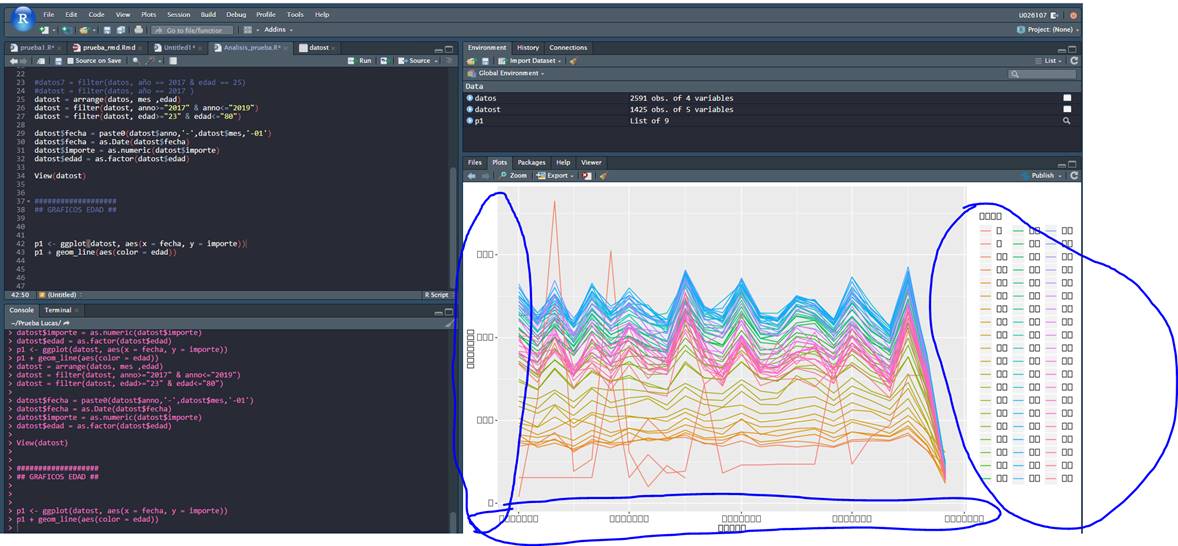
When you upgrade to a new version of R on your computer, it’s possible that everything will continue to work without any trouble, but it’s also possible that you’ll run into problems. This will probably take several minutes to run.Upgrading R: package compatibility issues Install.packages(missing_packages$Package) New_packages <- installed.packages() missing_packages <- as.ame(old_packages %in% new_packages, ]) Old_packages <- installed.packages(lib.loc = "/home/henriquegomide/R/x86_64-pc-linux-gnu-library/3.6/ ") head(old_packages)Īfter that, compare the packages you had in 3.6 to your new 4.0 installation: In the R console, create an object with all installed packages in the previous version. However, If want to update all your packages at once, stay with me. If you’re lazy like me, you’re ready to go. This will probably will take a few minutes. Update.packages(ask = FALSE, checkBuilt = TRUE) In order to update your already installed, just type the following in the R console: We still have work to do though… Updating R 3.x packages to the new R 4.0.Īs R 4.0 introduced several changes to base functions, programmers had to rewrite their packages. $ sudo add-apt-repository 'deb focal-cran40/' If you don’t have this line, you can run the following in a terminal session to use the R CRAN version: In the terminal emulator, type and run sudo apt install software-properties-common.įirst, you need to check the file ‘/etc/apt/sources.list’, and look for the line. You may need to install the package software-properties-common. If you’re using a Linux distro, the process is a breeze.

How can I update my R 3.x to the new shiny R4.x?


Today I was forced to update to R 4.0 due to a new research project I was invited to collaborate. Maybe I’m just getting older and, as the time flies, more resistant to dealing with changes. I must confess: I’d rather use stable and long-term release software.

How to update R 3.x to the new R 4.x in Linux Ubuntu


 0 kommentar(er)
0 kommentar(er)
